Continue to check our website for further updates on when we will reopen. When the museum reopens, all visitors will need to make reservations at least a week in advance. Walk-in visits are no longer permitted.
Teen Newsletter: June 2020 – The “Who?” Behind the CDC Museum Disease Detective Camp
Due to ongoing concerns about COVID-19, the David J. Sencer CDC Museum is closed to the public. As you all know, we made the difficult decision to cancel the 2020 CDC Museum Disease Detective Camps due to the pandemic.
This is the inaugural CDC Museum Public Health Academy Teen Newsletter. Each month will focus on a new topic, next is your future in public health, so stay tuned!
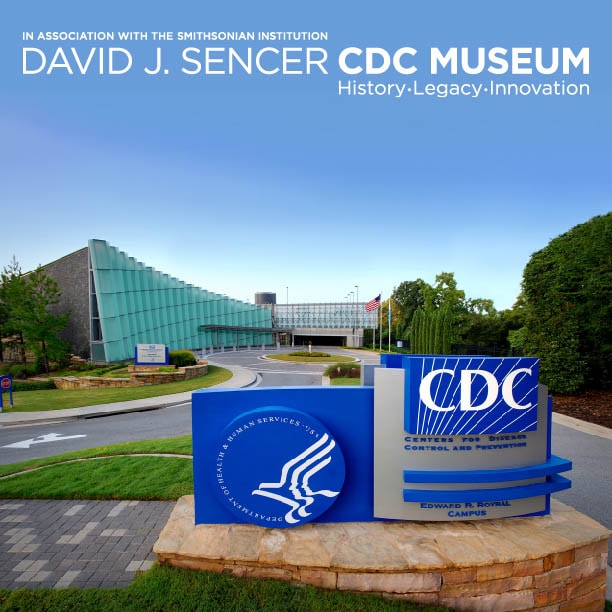
In 2005, the David J. Sencer CDC Museum started the CDC Museum Disease Detective Camp, and has been hosting it every summer since. The David J. Sencer CDC Museum, a Smithsonian Affiliate, uses award-winning exhibits and innovative programing to educate visitors about the value of public health, and presents the rich heritage and vast accomplishments of CDC.
The CDC Museum has three permanent exhibitions:
- The Story of CDC, which traces the origins and early history of CDC through its expansion into an agency of public health programs emphasizing prevention. The story is told through documents, photographs and objects from the CDC Collection. Coming Soon – a virtual tour of this exhibit!
- Global Symphony, an unparalleled multi-media installation highlighting the world of CDC and public health. Spanning 100 feet in length, the Global Symphony communicates public health messages through intriguing narratives alternated with visual vignettes.
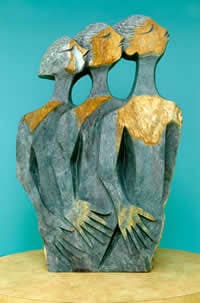
The Messengers, a large-scale serpentine stone sculpture by renowned artist Lameck Bonjisi of Zimbabwe, who died of AIDS in 2003. The Messengers is an example of Shona sculpture, reflecting traditional and contemporary Zimbabwean culture. The intention of the artist was to honor his ancestors and to represent the strength of families. CDC has chosen the work as a symbol of this facility’s mission – to educate all who visit about the interplay of public health, culture, and community.
The CDC Museum also offers temporary exhibitions. See information about all the past exhibits that have been displayed. Here is a newly released online exhibit of a past temporary exhibit: Watching Hands: Artists Respond to Keeping Well.

This temporary exhibition was on display at the CDC Museum from 2011-2012. It asks how art can communicate and interpret the practice of one of the most simple and effective disease prevention strategies: handwashing.
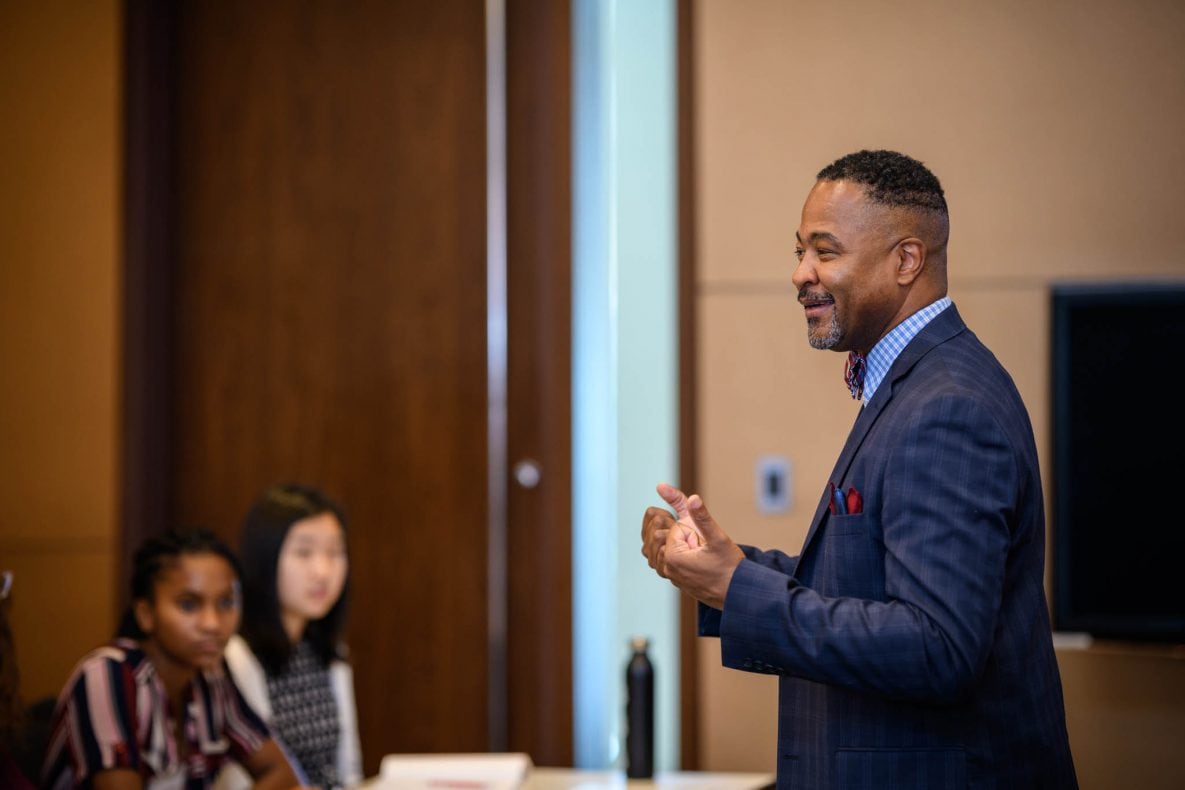
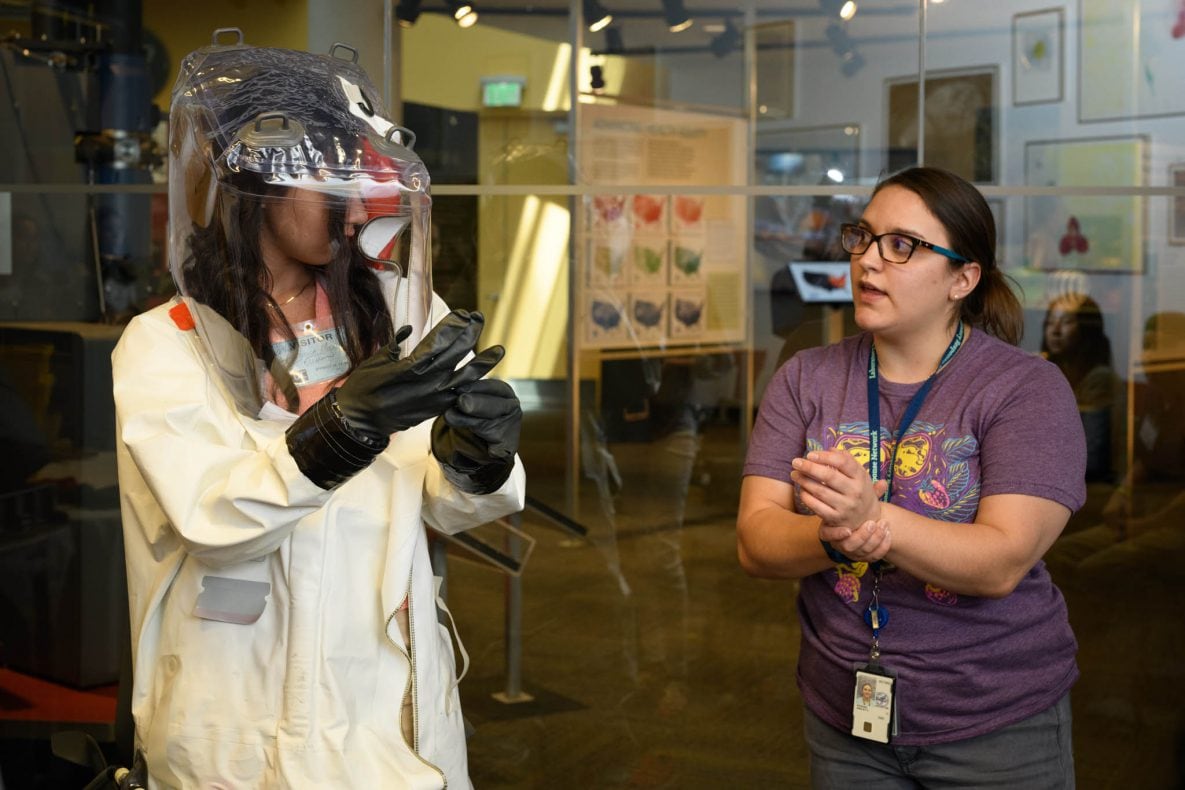
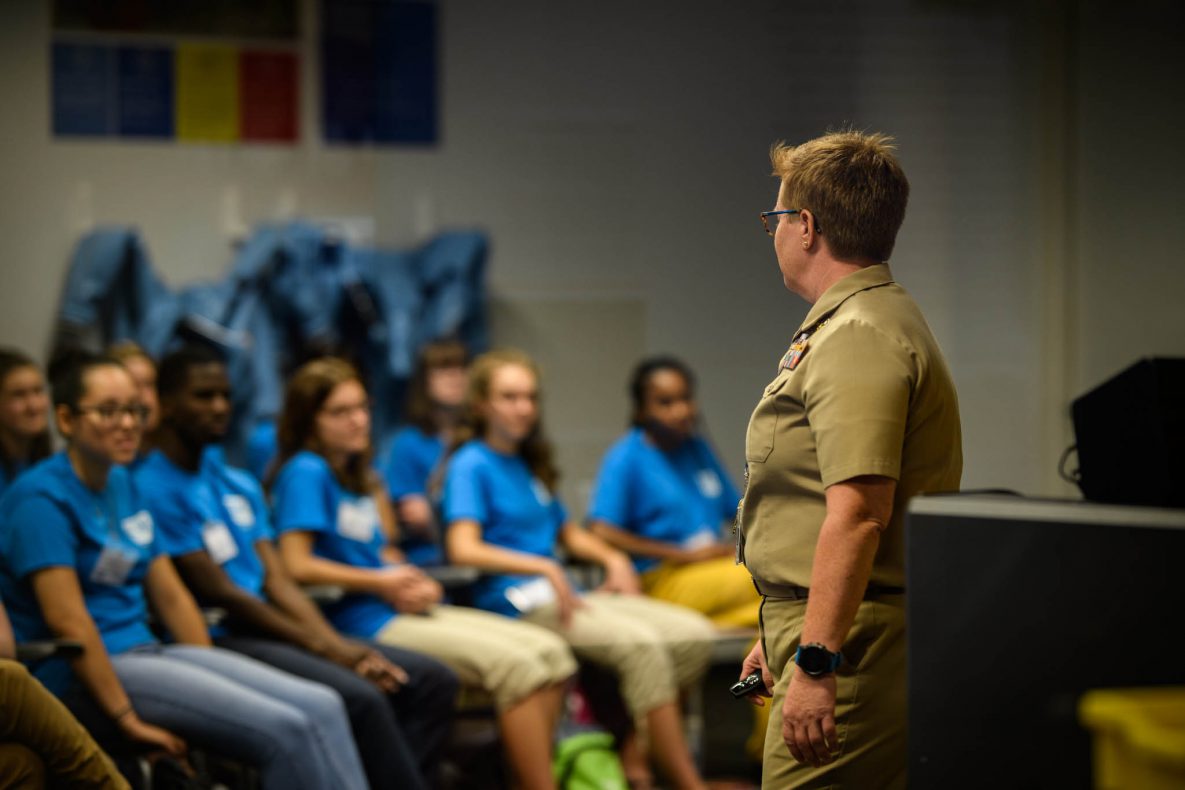
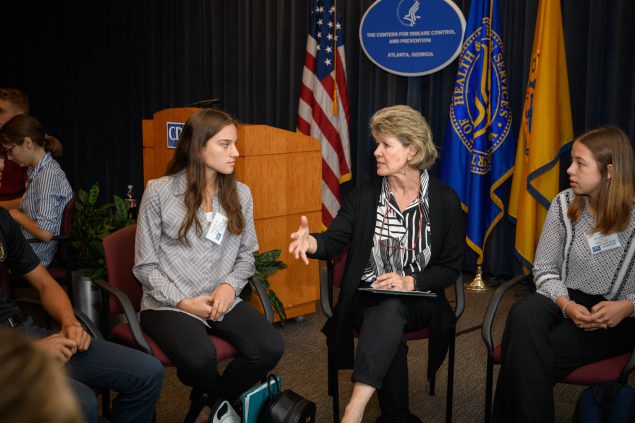
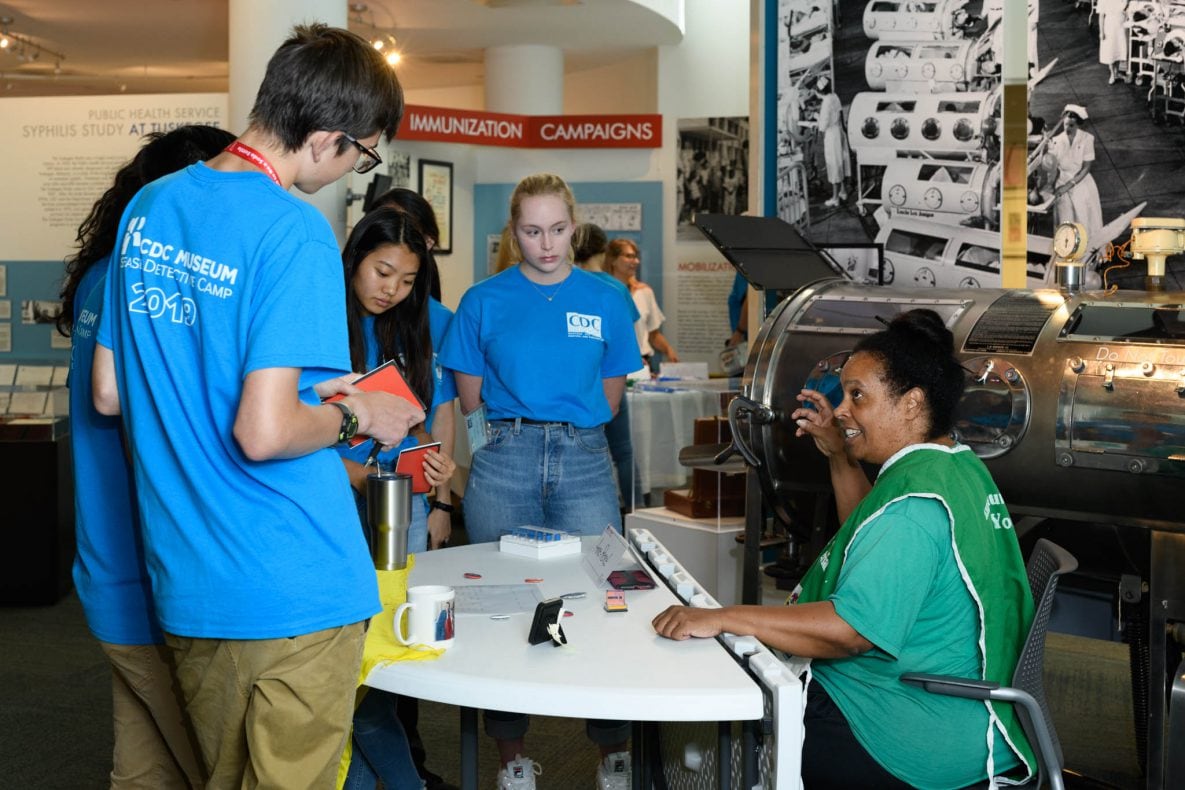
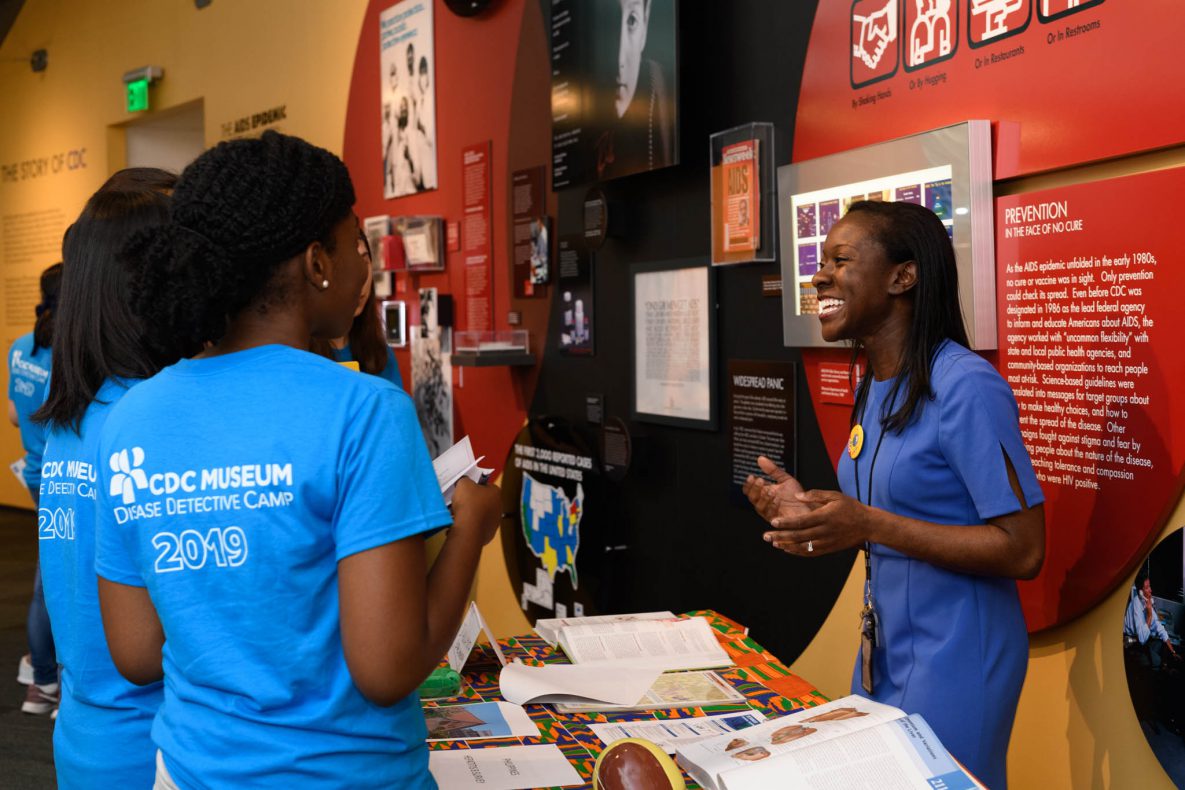
Camp would not be possible without hundreds of CDC volunteers! Each CDCer adds to the campers’ overall experience. The tremendous volunteerism that makes camp possible truly embodies the spirit of CDC, with many great minds and open hearts working together towards a goal which in this case, is to teach the next generation the importance of CDC’s work for our country and the entire world. All campers walk away with a newfound understanding of public health, many are inspired to pursue careers in epidemiology, engineering, public health law, medicine, virology, and more.
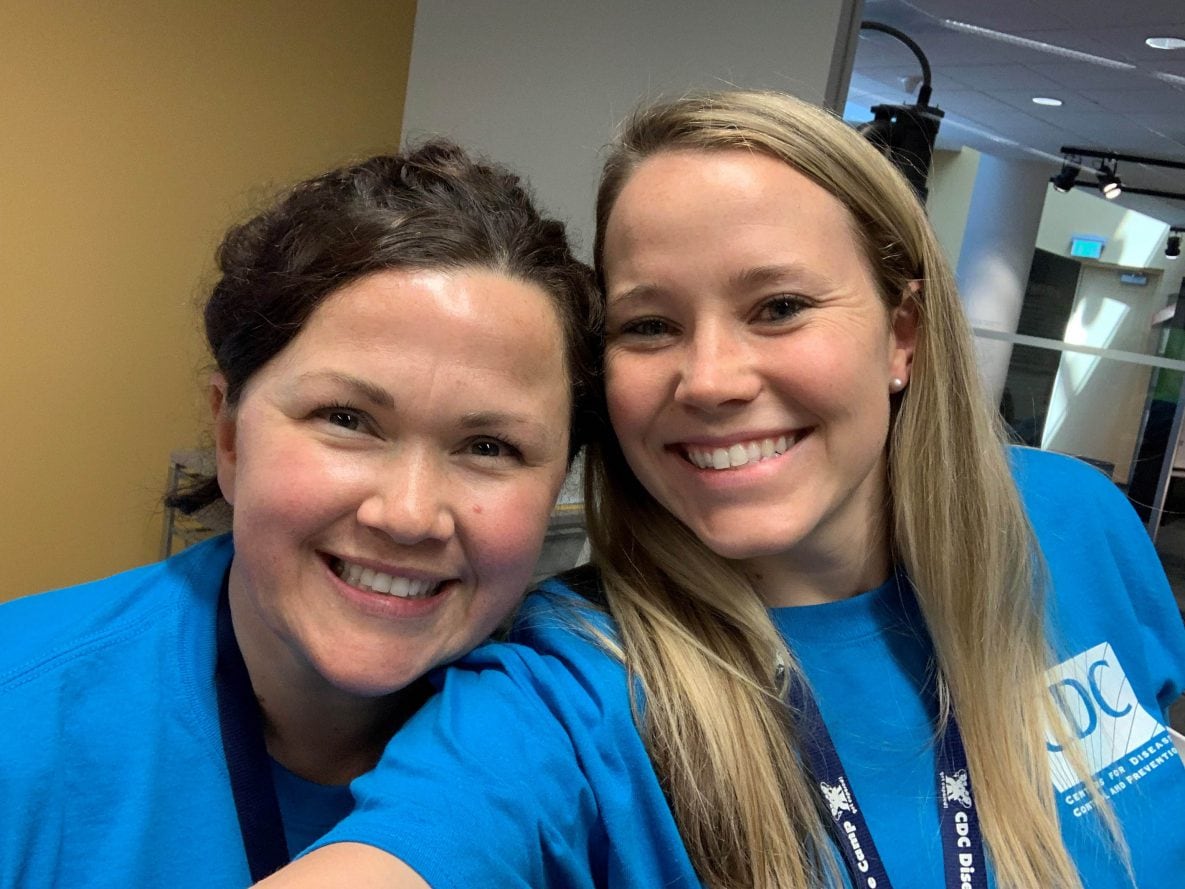
Meet the Camp Moms!
Camp is organized and conducted by the David J. Sencer CDC Museum Education Department.
Trudi Bothma Ellerman, M.Ed., is the Education Director. She has been with the CDC for 19 years. Trudi began her journey at CDC in the Office of Science Education as an ORISE fellow. She is a Georgia-certified science teacher with gifted endorsement and has also taught biology and environmental health in the public school system. Trudi has been with the CDC Museum for 17.5 years and she created camp 15 years ago! She is married to her college sweetheart, Keith, and they have 12-year-old twin boys, Grady and Cole, and a one eyed dog named Obi.
Heather Michelle McCann, MPH, CPH, MCHES, is the Museum Educator. She has been with CDC for four years and started off in the National Center on Birth Defects and Developmental Disabilities (NCBDDD) as an ORISE fellow. While at NCBDDD working on FASD prevention, she volunteered with the CDC Museum as a docent and with camp for three years. Before starting at CDC, she worked in Florida teaching adolescent sexual health education for five years. Heather is also married to her college sweetheart, Pat, and they have a 21-month-old boy, Patrick III, who goes by PJ.
The CDC Museum Disease Detective Camp is made possible by funding from two sources: The CDC’s Office of Communications and the Stephen B. Thacker Fund at the CDC Foundation.
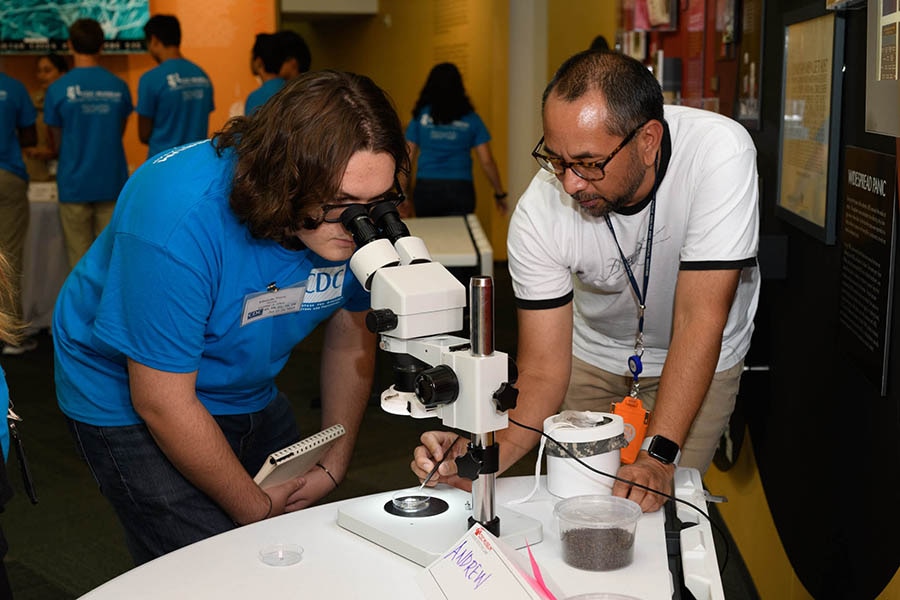
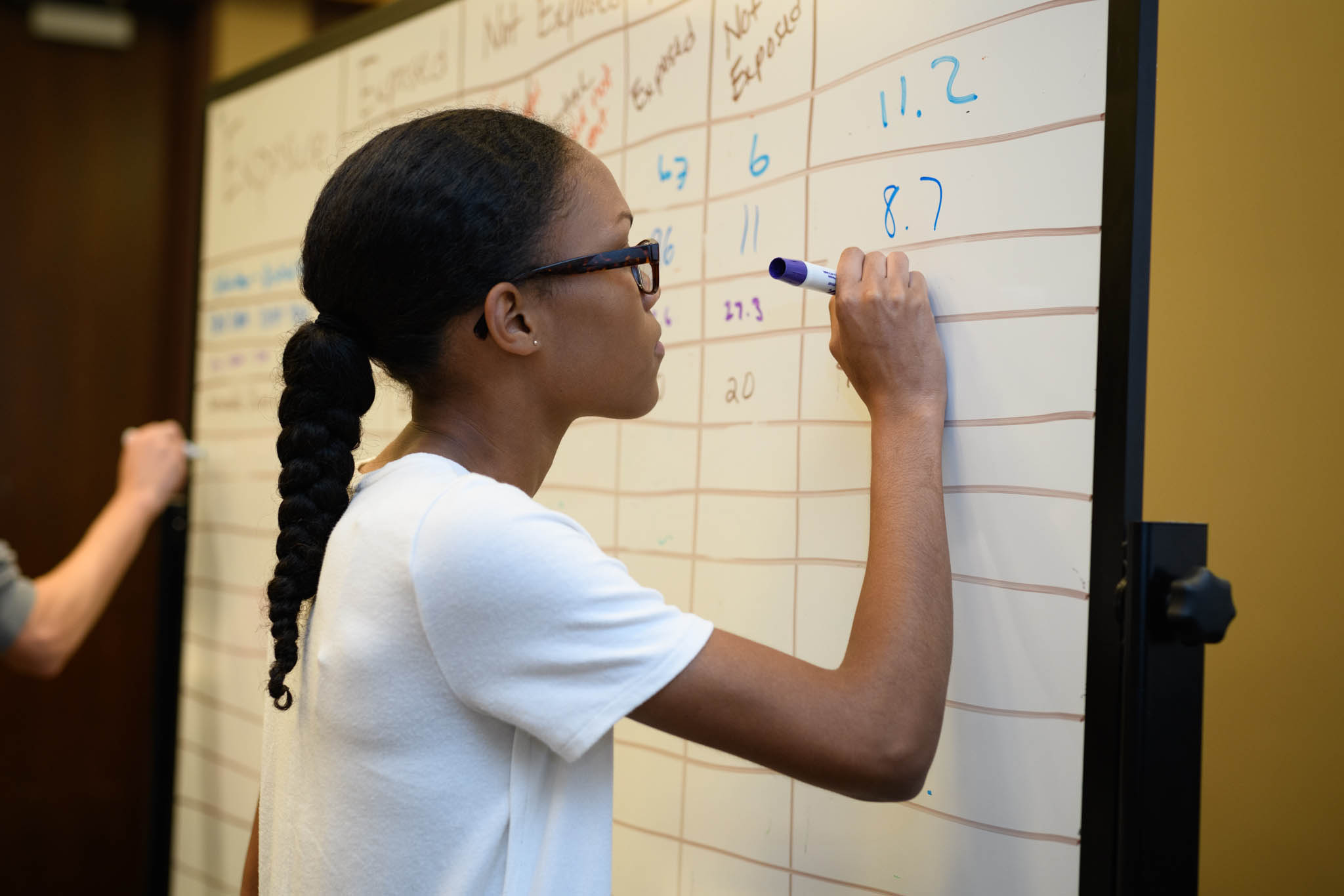
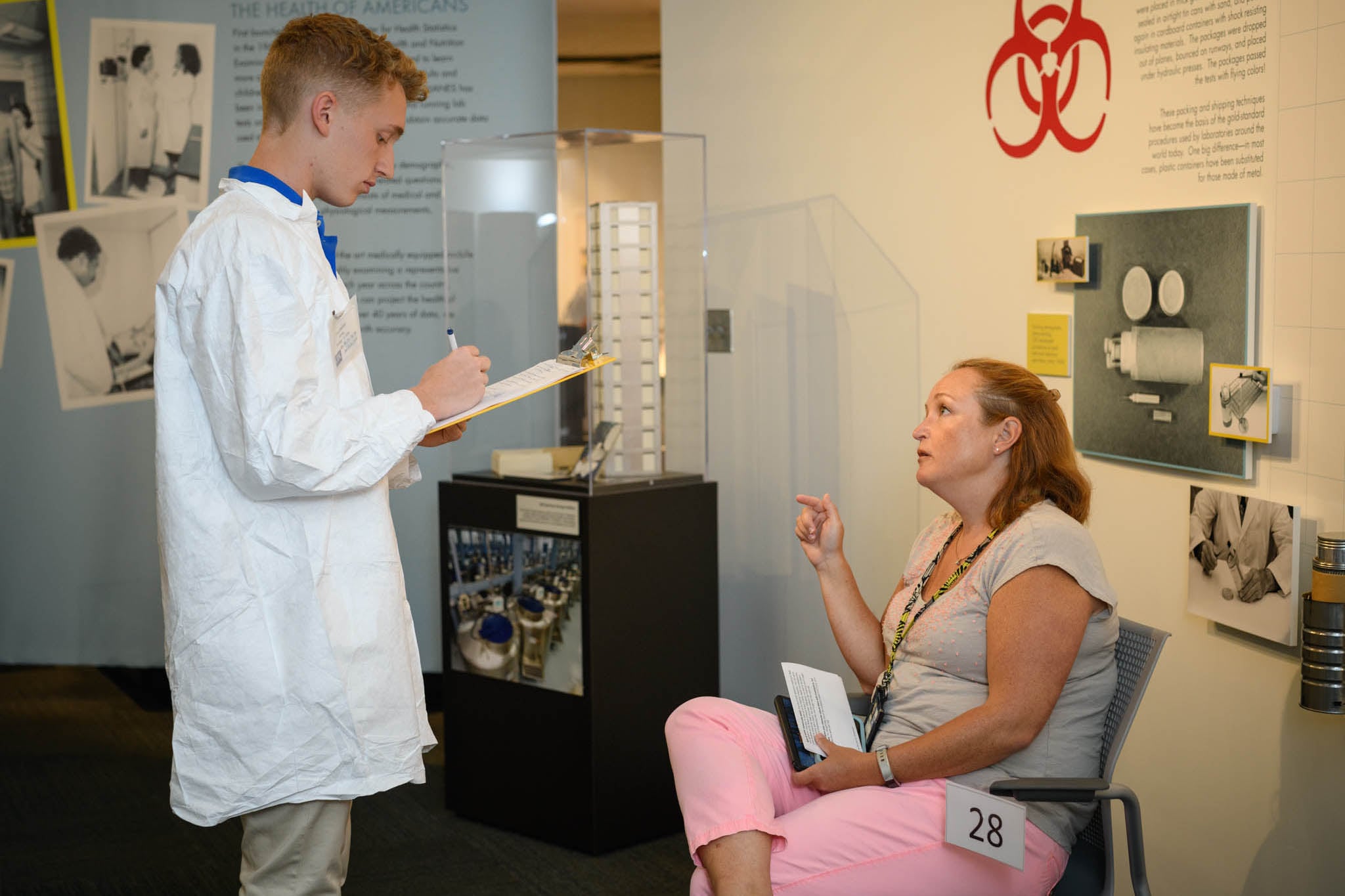
Want to learn more about healthy school and do a fun digital scavenger hunt?
Time: ~30 min to complete
See below for more details.
Want to explore the CDC Museum while we are closed?
Join Trudi and Heather for an exclusive (informal) tour on
Watch The “Who?” Behind the CDC Museum Disease Detective Camp Teen Talk.
Have you ever been to the David J. Sencer CDC Museum?
If so, post a photo from your visit at the museum.
If not, visit our website and post a photo or fact about something you liked.
CDCM PHA Teen Newsletter Scavenger Hunt
June 2020
Step 1: Download the GooseChase iOS or Android app
Step 2: Choose to play as a guest
Step 3: Enter game code – 1BVVL4
Step 4: Enter password – CDC
Step 5: Enter your email as your player name
Step 6: Go to https://www.cdc.gov/museum to complete your missions
Tips for Winning:
- All answers are found on the website, see Step 6.
- Open-ended answers and photo submissions are evaluated for accuracy.
Have fun!